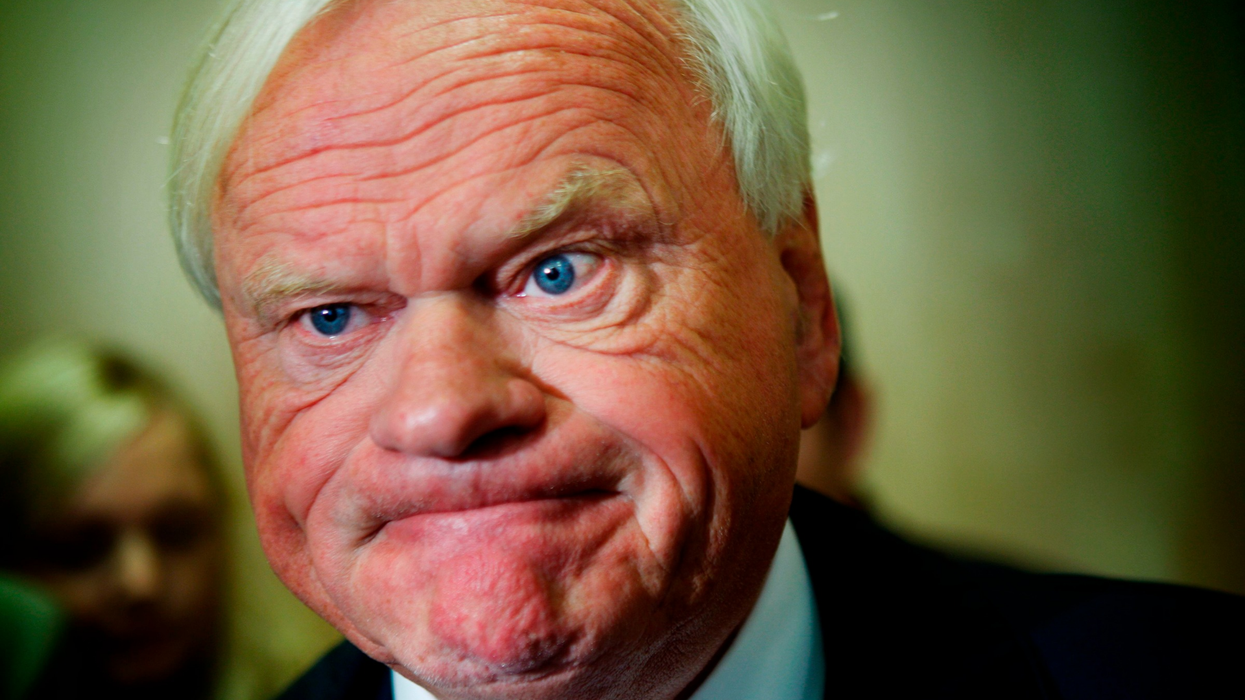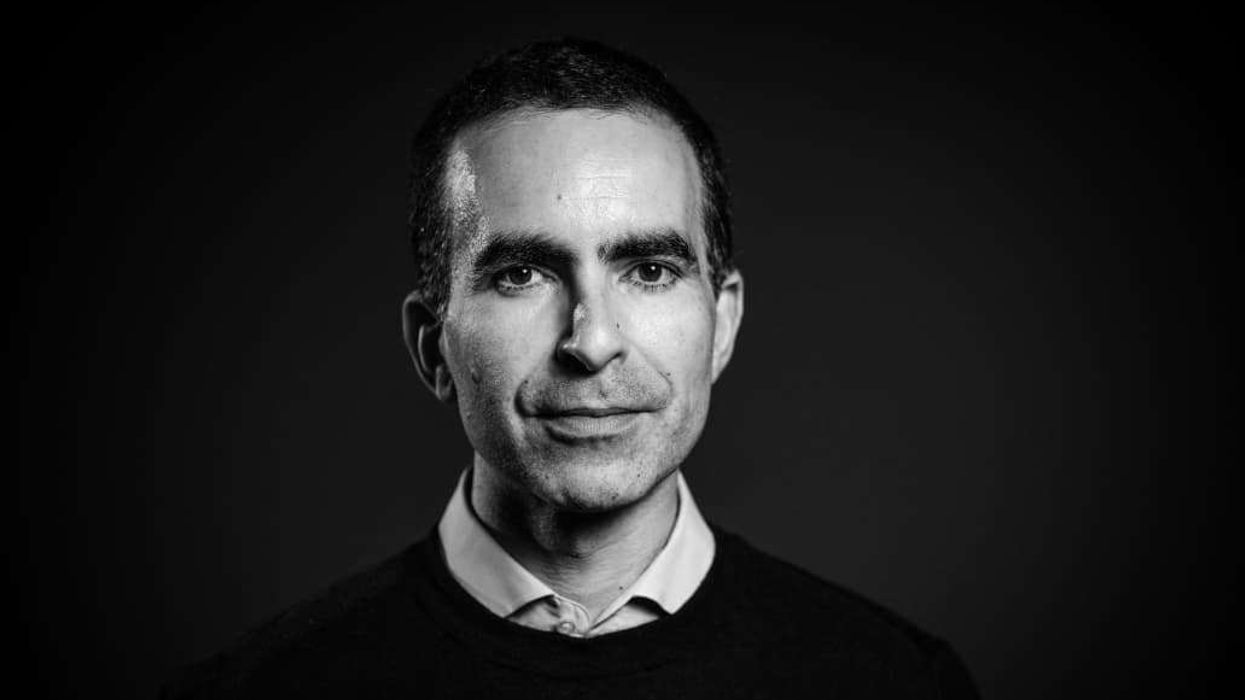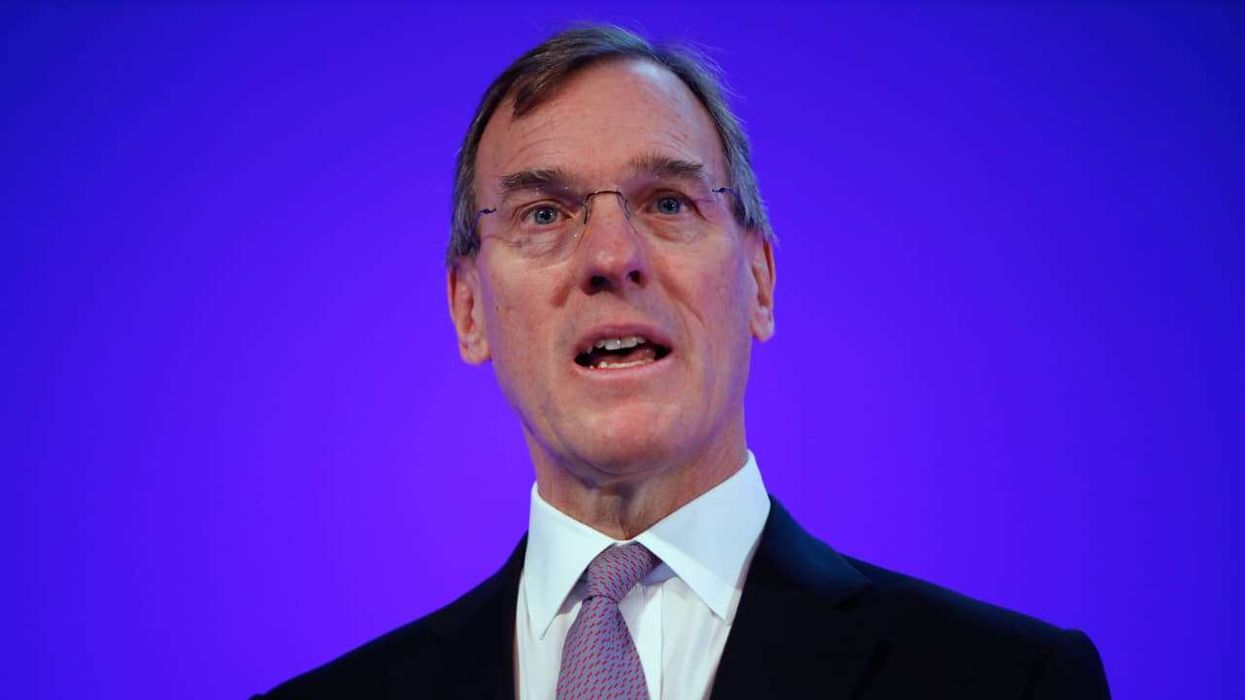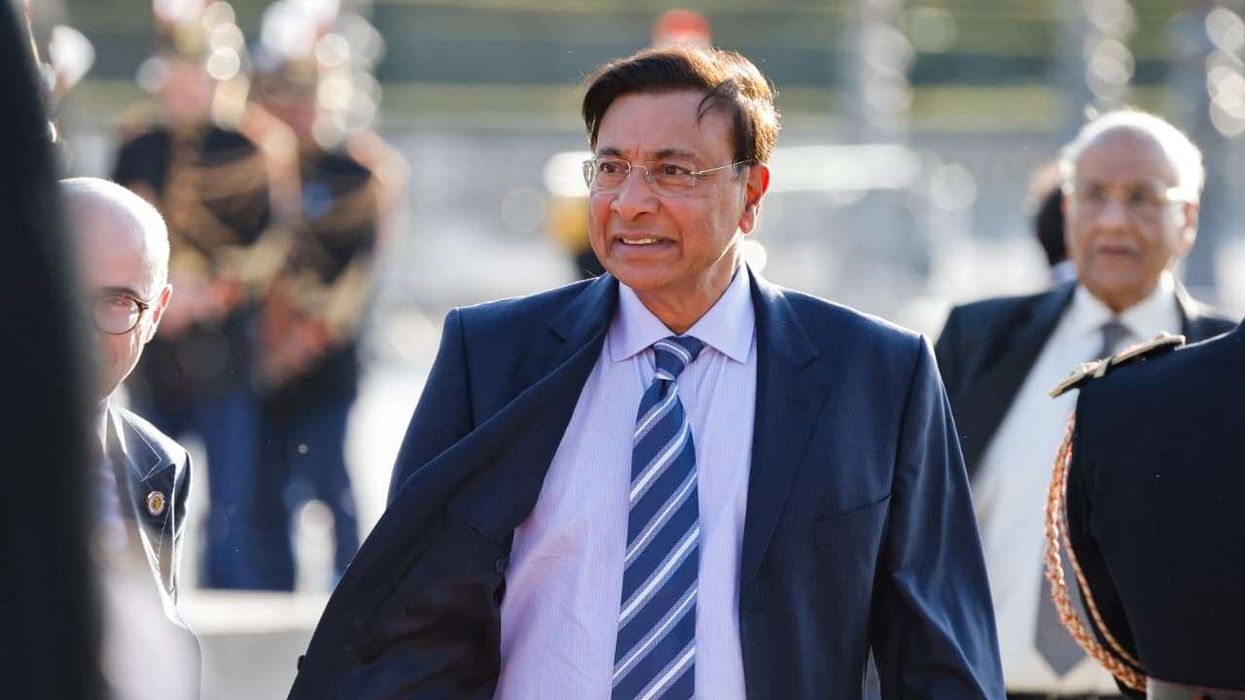Highlights
- Abolition of non-dom tax status and inheritance tax changes drive wealthy exodus.
- Destinations include UAE, Switzerland, and Italy as billionaires seek tax-friendly havens.
- UK projected to lose 16,500 millionaires in 2025—highest outflow globally, surpassing China for the first time
Britain is experiencing an unprecedented wealth drain as high-net-worth individuals (HNWIs) leaving the country in response to sweeping tax reforms, the recent being prominent British Asian businessman Lakshmi Mittal.
The Henley Private Wealth Migration Report 2025 forecasts a net loss of 16,500 millionaires from the UK this year the highest outflow ever recorded and more than double the anticipated departures from China, which has topped the list for the past decade.
Adding to the uncertainty, the UK government is actively discussing the introduction of a 20 per cent exit tax on wealthy individuals leaving the country. The proposed levy, similar to the US expatriation tax system, would apply to assets such as shares and bonds that remain in the UK after relocation.
According to reports, the measure could generate around £2 bn annually. Currently, non-residents pay capital gains tax only on property-related assets in the UK, and after departure are not required to pay tax on other types of assets.
Eastern Eye takes a look at the top 10 HNWIs who left Britain citing far better tax structures overseas.
1) Lakshmi Mittal
Lakshmi Mittal, ranked 2nd on the Asian Rich List 2025 with £15.5 bn, left UK after nearly 30 years as reforms scrap non-dom benefits and tighten inheritance tax rules. The ArcelorMittal chairman has relocated to tax-friendly destinations including Dubai, Switzerland. His relocation reflects concerns among long-term UK-based billionaires that new tax measures now make UK residency financially unviable.
2)John Fredriksen

Shipping tycoon John Fredriksen, worth £13.6 bn has exited the UK, closed his London offices and placing his £250 m Chelsea mansion for sale. He cited the abolition of the non-dom regime as the final trigger, Fredriksen told Norwegian business outlet E24 "Britain has gone to hell, like Norway. The entire Western world is on its way down ". After decades of managing global tanker and offshore businesses from London, he shifted operations abroad to avoid increased tax exposure on worldwide income.
3)Michael Platt

Michael Platt, worth £12 bn has moved his primary residence and family office to Dubai. The BlueCrest Capital co-founder, known as one of Britain’s, most successful hedge fund managers, expanded operations in the UAE after regulatory approval in 2022. With BlueCrest having managed more than USD 35 bn at its peak, Platt’s June 2025 relocation underscores the increasing flight of top financiers seeking stability and favourable tax structures outside the UK.
4) Nassef Sawiris

Nassef Sawiris, featured on Forbes’ World Billionaires 2025 and ranked on The World's Richest Arabs 2025, shifted his residency from London to Italy and Abu Dhabi after 15 years. The Aston Villa co-owner said long-term political mismanagement led to tax changes that made staying in the UK impractical. He relocated staff and closed his Mayfair base, while maintaining his UK football interests. Sawiris also cited unfavourable inheritance tax adjustments as a key factor in his decision.
5)Nik Storonsky

Revolut co-founder Nik Storonsky ,ranked 390th on the Forbes’ 2025 billionaires in the world, estimating his net worth at US$7.9 bn, formally moved his residency to the UAE in late 2024, anticipating higher UK taxes under the non-dom overhaul. Despite frequently working in London, he shifted personally to a lower-tax jurisdiction as Revolut’s global footprint expanded. The fintech leader’s move reflects growing unease among high-growth entrepreneurs who fear the UK’s changing tax regime may diminish incentives for founders overseeing large-scale valuations and international operations.
6)Christian Angermayer

Cryptocurrency and biotech investor Christian Angermayer left London for Lugano in early 2025, ahead of the non-dom abolition. Included in TIME’s list of the 100 Most Influential People in global health, he had benefitted from non-dom tax treatment for over a decade. He noted that nearly every non-dom he knew was preparing to leave, reinforcing the perception that the UK’s new tax regime threatens long-term foreign investment and entrepreneurial residency. Bloomberg reported that Angermayer did not pay taxes on his overseas income and earnings for as long as 15 years under the non-dom regime.
7)Karim Beguir

InstaDeep co-founder Karim Beguir changed his residency to Switzerland in July 2025, shortly after Labour’s tax reforms. The AI entrepreneur, who gained British citizenship in 2013, built InstaDeep in London before its sale to BioNTech for up to £562 m. Having once praised the UK’s supportive environment for AI, he left quietly, with filings showing that tax implications and restructuring around global income played a significant role in his move.
8)Richard Gnodde

Goldman Sachs vice chairman Richard Gnodde relocated from London to Milan as the UK dismantled non-dom arrangements and tightened rules affecting foreign-held trusts. After nearly four decades in London, the banker opted for a tax-stable EU base while still overseeing European operations. His departure is among the most notable in the City, symbolising rising anxiety among top financial executives about the UK’s shifting fiscal landscape.
9)Charlie Mullins

Charlie Mullins, who sold most of Pimlico Plumbers for £145 m, left for Marbella “as soon as Labour won.” He fears National Insurance increases and new employment rules will squeeze businesses and is now considering launching his new venture WeFix outside the UK. Mullins has put his £12 m London penthouse on the market, saying Britain’s changing regulatory climate no longer encourages entrepreneurs to remain or reinvest.
10)Shravin Bharti Mittal

Shravin Bharti Mittal, 37, who holds a significant 24.5 per cent stake in BT Group, has moved to the UAE amid rising dissatisfaction among wealthy families over Britain’s tightening tax rules. His departure follows the Conservative government’s 2024 reduction of non-dom tax advantages and Labour’s 2025 removal of inheritance tax exemptions for foreign assets. Mittal’s relocation highlights how reforms are pushing globally mobile heirs and investors to shift their wealth hubs abroad.





